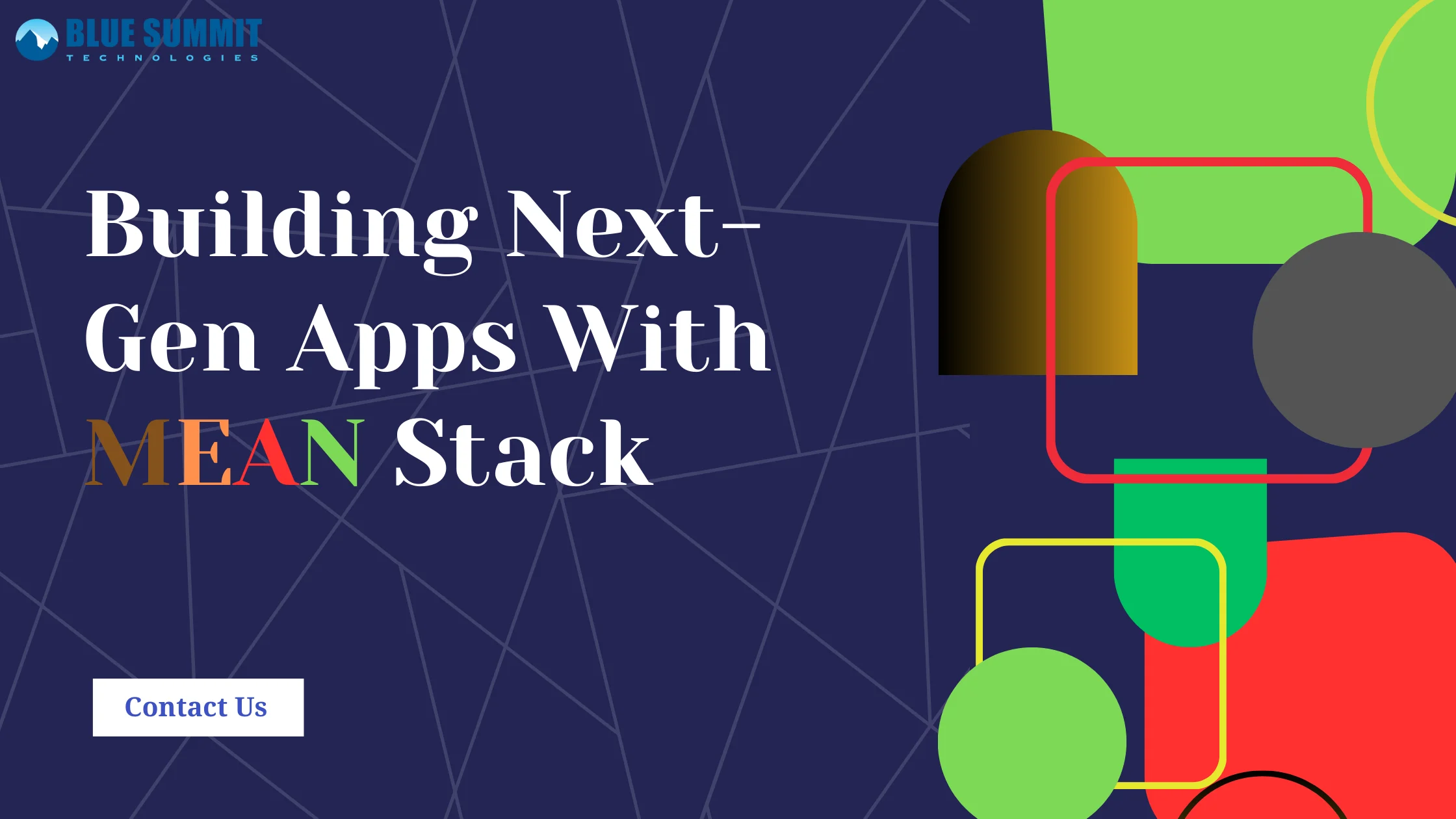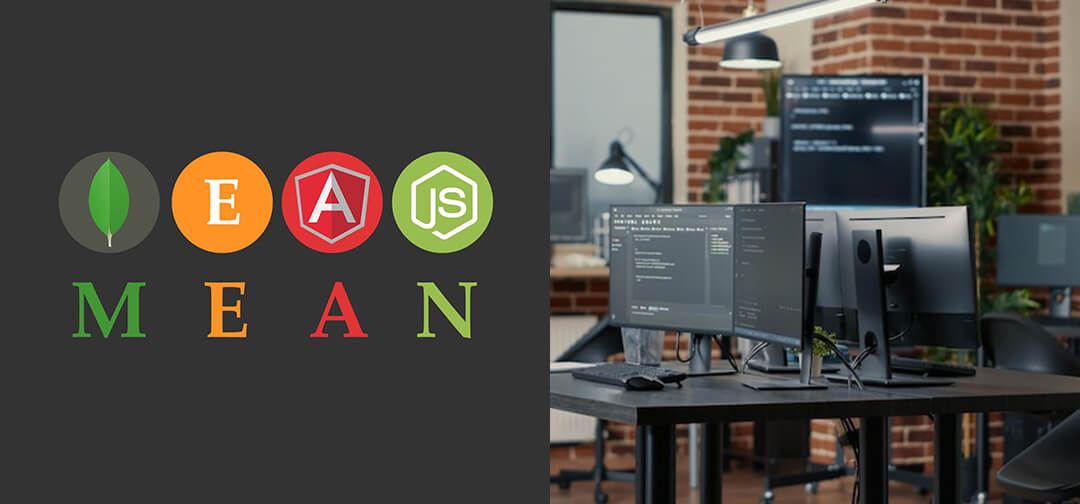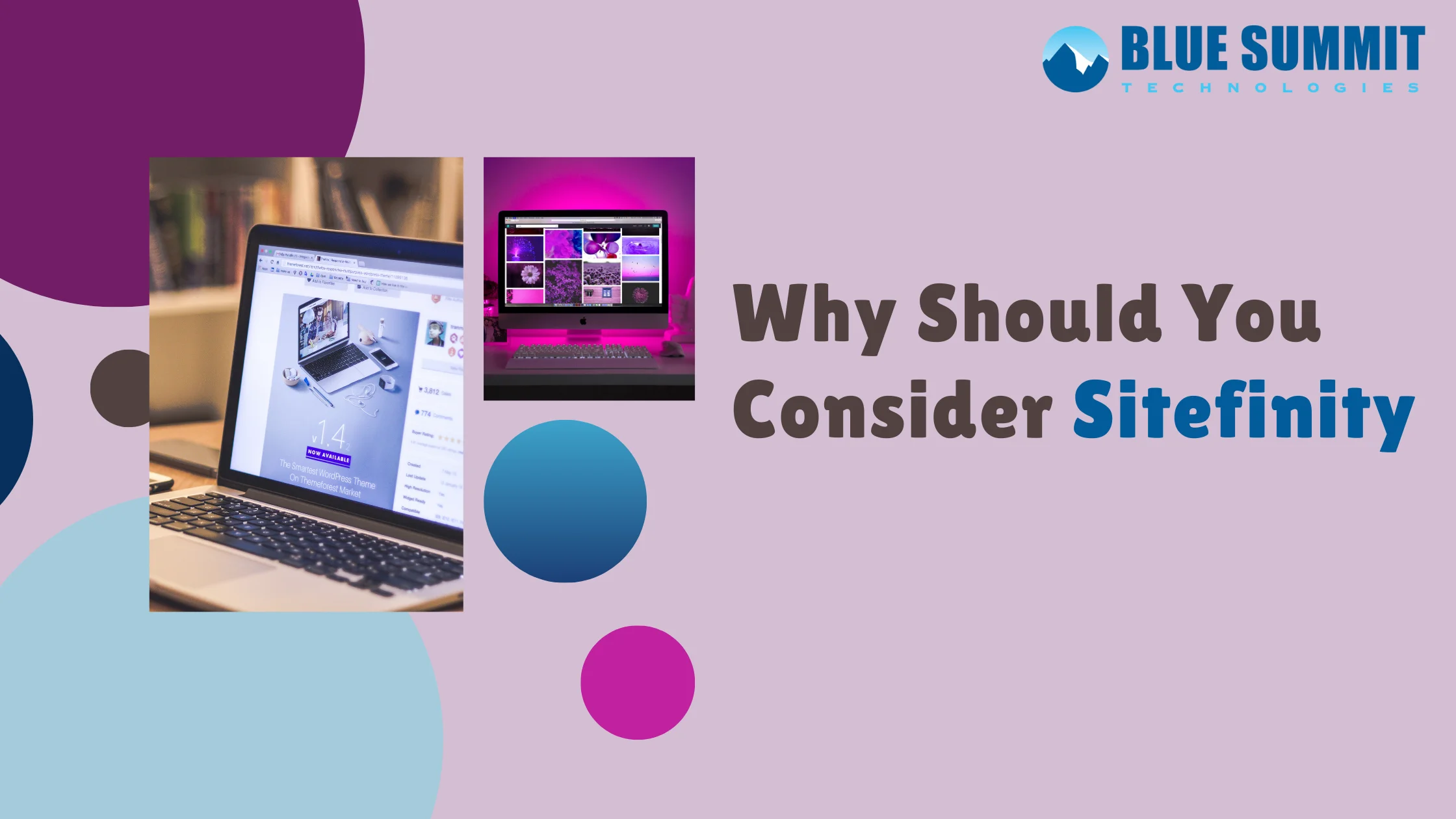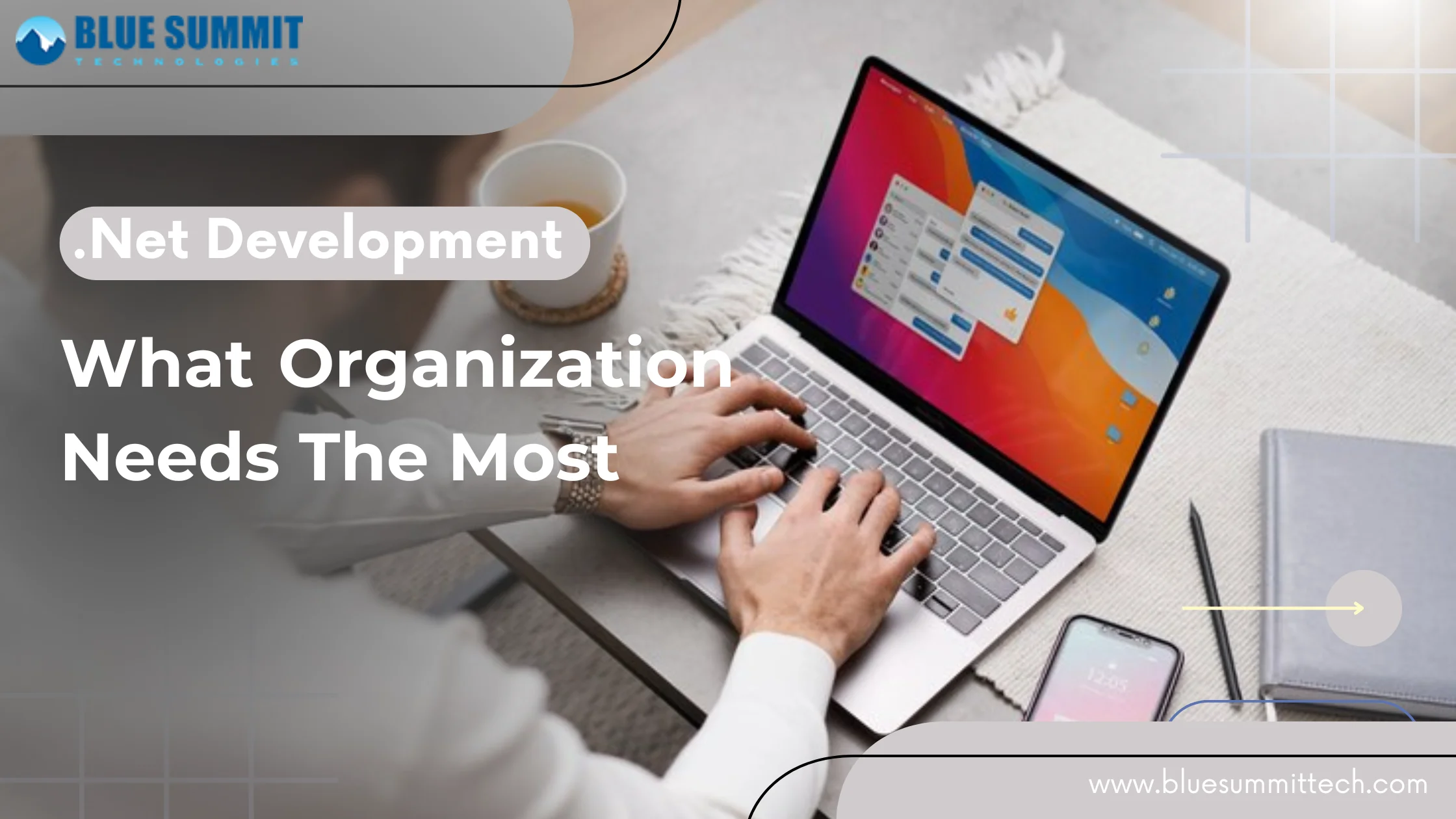
Posted on Friday, May 10th, 2024
Creating Impact: MEAN Stack Development Services and Their Influence on Your App Project
Strategic selection of technology stacks stands as a cornerstone for achieving success in the realm of app development. Enter the MEAN applications, compelling amalgamation of JavaScript technologies that has garnered considerable traction for its ability to craft resilient, scalable, and feature-laden applications. Our blog navigates through the landscape of MEAN stack development services, illuminating how they wield substantial influence over the trajectory of your app project.
Understanding the MEAN Stack
MEAN stands for MongoDB (database), Express.js (backend framework), Angular (frontend framework), and Node.js (JavaScript runtime environment). This cohesive stack offers several advantages:1. JavaScript Everywhere
MEAN leverages JavaScript for both front-end and back-end development, streamlining communication and fostering a more unified development process.2. Rapid Prototyping and Development
The MEAN stack facilitates rapid development cycles, allowing you to quickly iterate and test your app concept.3. Scalability and Performance
MEAN applications are known for their ability to handle large user bases and complex data demands efficiently.4. Open-Source and Cost-Effective
Being open-source, MEAN components come with minimal licensing costs, making it an attractive option for businesses.5. Active Community Support
The vast developer communities behind each MEAN component provide extensive support and resources, aiding development and troubleshooting.How MEAN Stack Development Services Impact Your App Project
1. Enhanced User Experience (UX)
MEAN excels at building Single-Page Applications (SPAs), which provide a seamless and responsive user experience. Angular, the front-end framework, empowers developers to create dynamic interfaces that feel more like native apps. Features like real-time data updates and smooth transitions between pages contribute to a highly engaging user experience.2. Streamlined Development Process
MEAN stack development services promote a unified development environment. Developers can work with a single language (JavaScript) across all tiers, leading to faster coding, better collaboration, and reduced complexity. This streamlined approach translates to quicker project completion times and potentially lower development costs.3. Scalability and Future-Proofing
MEAN applications are inherently scalable. Node.js, the runtime environment, is designed to handle high concurrency, making your app adaptable to growing user bases and increasing data demands. MongoDB, the document database, offers flexible schema design, allowing you to easily accommodate new features and data types in the future.4. Cost-Effectiveness
The open-source nature of the MEAN stack brings significant cost benefits. There are no licensing fees for the core technologies, reducing initial development expenses. Additionally, the rapid development capabilities of MEAN can lead to faster time-to-market, enabling you to capitalize on business opportunities sooner.5. Rich Functionality and Real-Time Features
MEAN applications are well-suited for building feature-rich apps that require real-time functionality. Node.js's event-driven architecture facilitates real-time data updates and two-way communication between the server and client. This enables features like live chat, collaborative editing, and social media feeds to function seamlessly.6. Security and Reliability
MEAN development services prioritize security measures. Node.js offers built-in security features, and MongoDB provides robust access control mechanisms. Additionally, the active developer communities constantly work to identify and address security vulnerabilities, ensuring your app remains protected.Ideal Use Cases for MEAN Stack Development
The MEAN stack's versatility shines through its ability to cater to a diverse range of application needs. Let's delve deeper into some of the ideal use cases for MEAN stack development:1. Single-Page Applications (SPAs)
Dynamic and Seamless User Experience: MEAN excels at building SPAs that feel more like native apps. Angular, the front-end framework, empowers developers to create rich, interactive interfaces with minimal page reloads. Users experience smooth transitions and real-time data updates, fostering a highly engaging experience. This is ideal for modern web applications that require constant user interaction, like email clients, to-do lists, or project management tools.Improved Performance and SEO: SPAs built with MEAN typically load faster due to fewer HTTP requests. This translates to a smoother user experience and potentially better SEO rankings, as search engines favor fast-loading websites.
Offline Functionality (Optional): While SPAs are traditionally online experiences, some MEAN frameworks allow for the incorporation of offline functionality. This enables users to access limited features or cached data even when disconnected from the internet, improving overall usability.
2. Social Networking Platforms
Real-Time Features: The real-time capabilities of Node.js are a perfect fit for building social media platforms that thrive on constant interaction. Users can experience instant updates on feeds, notifications, and messages, fostering a sense of community and engagement.Scalability for Large User Bases: MEAN applications are known for their ability to handle high concurrency efficiently. This is crucial for social media platforms that can experience surges in user activity. MongoDB's flexible schema design also allows for easy accommodation of new features and data types as the platform evolves.
Customization and Personalization: MEAN frameworks empower developers to personalize the user experience by tailoring content feeds, recommendations, and notifications based on user preferences and activity. This fosters a more engaging and user-centric social media experience.
3. E-commerce Applications
Rich User Interfaces and User Experience: MEAN allows for the creation of user-friendly and visually appealing e-commerce platforms. Angular facilitates the development of intuitive interfaces for product browsing, shopping carts, and checkout processes.Robust Functionality and Scalability: MEAN applications can handle complex functionalities required for e-commerce, such as dynamic product catalogs, secure payment gateways, and inventory management systems. Additionally, the scalability of MEAN ensures the platform can handle large volumes of traffic during peak shopping seasons.
Real-Time Features for Enhanced Customer Engagement: MEAN can be leveraged to incorporate real-time features like live chat support or personalized product recommendations, enhancing customer engagement and potentially increasing conversion rates.
4. Real-Time Collaboration Tools
Seamless Data Synchronization and Updates: MEAN's ability to handle real-time data updates empowers the development of collaborative tools where users can work on documents, projects, or tasks simultaneously. This allows for efficient teamwork and improved productivity.Scalability for Large Teams: The scalable nature of MEAN applications makes them suitable for supporting large teams with multiple users working on projects concurrently.
Offline Functionality (Optional): As with SPAs, some MEAN frameworks allow for limited offline functionality in collaboration tools. This enables users to make edits or access cached data even when disconnected, ensuring progress can be made even with intermittent internet connectivity.
5. Data-Driven Dashboards
Data Visualization and Exploration: The flexibility of MongoDB and the visualization capabilities of frameworks within the MEAN stack make it perfect for building interactive dashboards. Developers can create visually compelling dashboards that present complex data in an easily digestible format.Real-Time Data Insights: MEAN allows for real-time data integration, enabling dashboards to display up-to-date information and trends. This empowers users to make informed decisions based on the latest data insights.
Customization and User-Specific Dashboards: MEAN frameworks allow for the creation of user-specific dashboards tailored to individual roles and needs. This provides a more efficient and personalized experience for users interacting with data visualizations.
Choosing the Right MEAN Stack Development Partner
To leverage the full potential of the MEAN stack, selecting the right development partner is crucial. Here are some key factors to consider:1. Experience and Expertise
Look for a company with a proven track record of successful MEAN stack development projects.2. Team Composition
development team should consist of skilled JavaScript developers with experience in each MEAN component.3. Communication and Transparency
Choose a partner who prioritizes clear communication and keeps you informed throughout the development process.4. Scalability and Maintenance
Ensure the development team offers post-deployment support and maintenance plans to keep your app running smoothly.Conclusion
MEAN Stack development services play a crucial role in shaping the success of app projects, offering a powerful combination of efficiency, scalability, and innovation. By harnessing the capabilities of MongoDB, Express.js, Angular, and Node.js, MEAN Stack developers create applications that are not only robust and high-performing but also adaptable to evolving market demands. Whether it's rapid prototyping, real-time data processing, or cross-platform compatibility, MEAN Stack development services enable organizations to realize their vision and create impactful digital experiences for their users.Blue Summit boasts unparalleled expertise in MEAN stack development, supported by a team of seasoned professionals adept at fulfilling your specific requirements. Reach out to us for comprehensive details and discover our budget-friendly offers tailored to your needs.
Blue Summit has collaborated with OdiTek Solutions, a frontline custom software development company. It is trusted for its high service quality and delivery consistency. Visit our partner's page today and get your business streamlined.
REFER TO OTHER RELEVANT CONTENTS

MEAN Stack Development
It's crucial to have a standardized, consistent software stack when creating a new application. Utilizing a collection of solutions that are made to function together will simplify resources and cut down on development time for your back-end. The stack field is becoming congested, though. There...
read more







